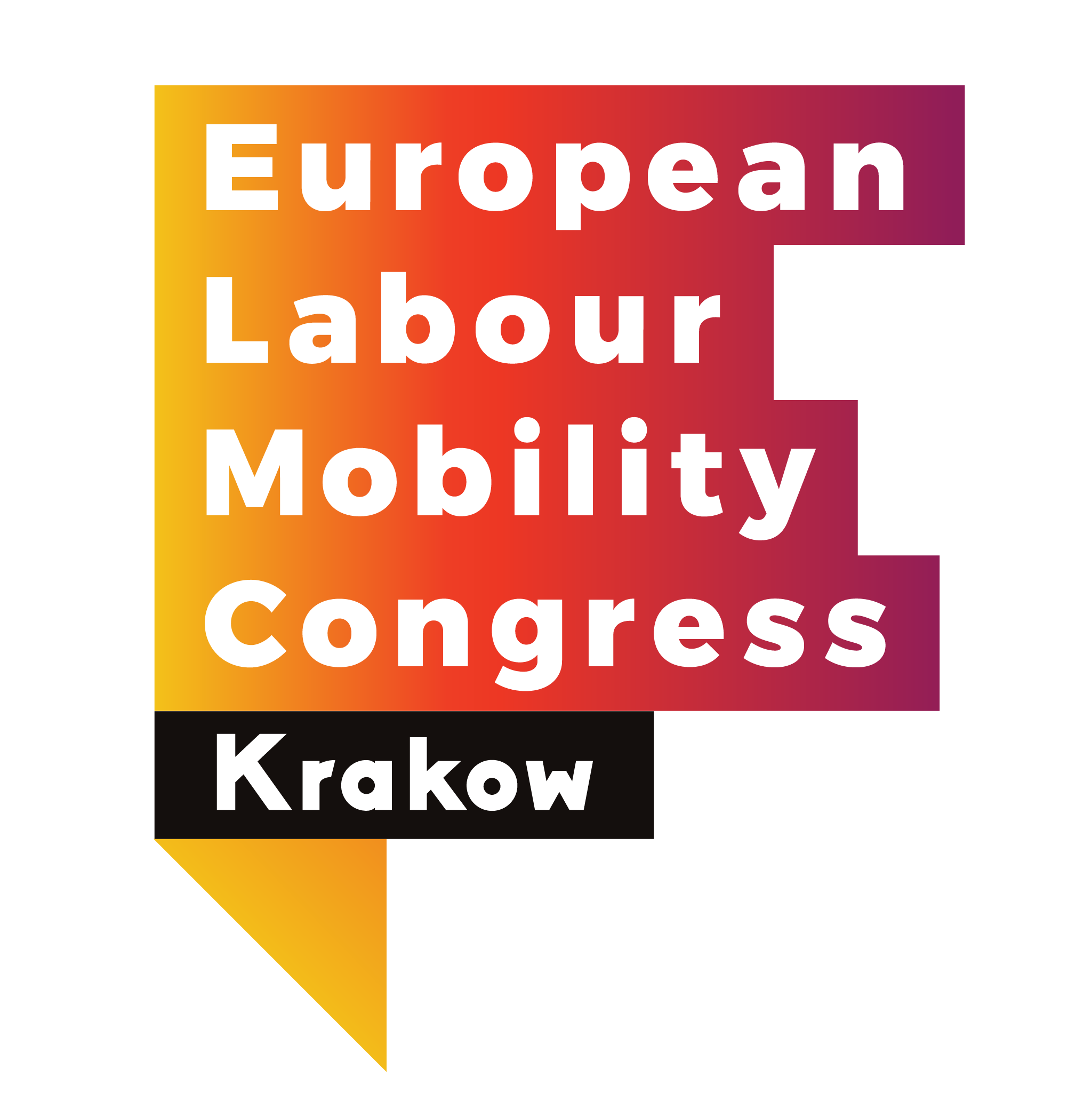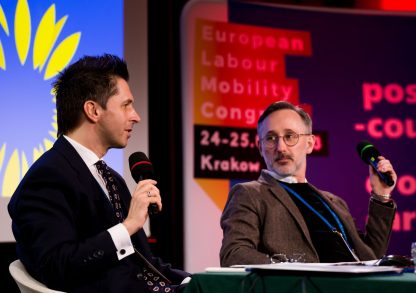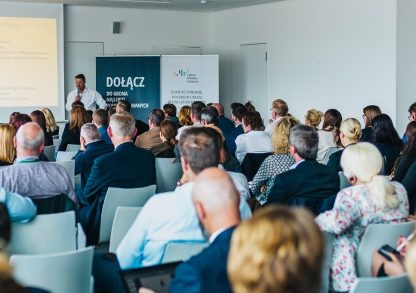Human trafficking is not a seasonal phenomenon, but more people fall victim in the summer due to catching unusual opportunities to earn fast money abroad. For students, the end of August is barely half of the summer holidays. We therefore recall an interesting cautionary article in which, among others, Marek Benio helps to distinguish between a trap offer and a job offer abroad.
Contrary to common perceptions, as many as 59 per cent of victims of human trafficking in Europe are EU citizens. This also applies to Poles - they are subjected to forced labour almost every day, mainly in Germany, Norway, Sweden and the United Kingdom. The phenomenon is growing all the time, which should be borne in mind by all those planning to work abroad. How to avoid a tragedy?
Just before World Trafficking Day on 30 July, Eurostat published data showing that the number of victims of human trafficking in Europe increased by 10 per cent between 2020 and 2021, and that the share of EU citizens among victims is already as high as 59 per cent. Exploitation in the area of labour and forced services is particularly prevalent in the EU, accounting for 29 per cent of all trafficking cases.
The worrying trend is confirmed by the latest data from the Polish Department for International Affairs and Migration: in 2022, as many as 225 people - out of 277 documented cases of human trafficking in Poland - were victims of forced labour or services of this nature. Of these, 95 were Polish citizens.
Those deciding to go abroad to work should be very careful in their choice of offers
– underlines Marek Benio Ph.D, Vice President of the European Labour Mobility Institute (ELMI), which for years has been bringing together employers, researchers, workers and officials dealing with the posting of workers under the freedom to provide services.
Forced labour by blackmail is also human trafficking
It would seem that in modern Europe, the phenomenon of human trafficking should disappear completely or at most be marginal. Unfortunately, this is not the case: all available data speak of an increase in the number of victims of human trafficking and of an increase in certain forms of the phenomenon. At the same time, the 10 per cent increase recorded by Eurostat is only the officially visible part of the phenomenon - the actual number of victims is much higher than the statistics show, and many cases remain undisclosed. According to analysts, the impetus for the growth of human trafficking in recent years was the crisis triggered by the pandemic and then by the war unleashed by Russia in Ukraine.
As Marek Benio explains, human trafficking is understood to mean the recruitment, transport, transfer, harbouring or receipt of persons, using threats or force, or any other form of coercion, abduction, fraud, misrepresentation, abuse of power or exploitation of a weakness, giving or receiving payments or benefits to obtain the consent of a person having control over another person, for the purpose of exploitation.
'Exploitation' in turn includes, at a minimum, the exploitation of the prostitution of others or other forms of sexual exploitation, forced labour or services, slavery or practices similar to slavery, servitude or the removal of organs.
Trafficking in human beings in the context of labour and the provision of services is not only referred to when work is carried out under physical or psychological coercion, but also when, by deceiving or misleading the victim, the offender makes use of unremunerated labour or when deductions are made from wages without a legal basis.
- points out the vice-president of ELMI.
He emphasises that blackmail - or the mere threat of not paying part or all of the salary if the victim does not continue to work - is also a form of exploitation that makes up trafficking in human beings. And although human trafficking is colloquially associated with forced prostitution or the removal of organs, less drastic forms of coercion and exploitation in a labour context also make up human trafficking.
- Trafficking in human beings is facilitated by going abroad to work. Difficult contact with relatives, unfamiliarity with local laws and institutions that can provide assistance, as well as the language barrier, make it easier for recruiters, warns Marek Benio.
The entire article by editor Zbigniew Bartus can be read HERE.
Source: forsal.pl








